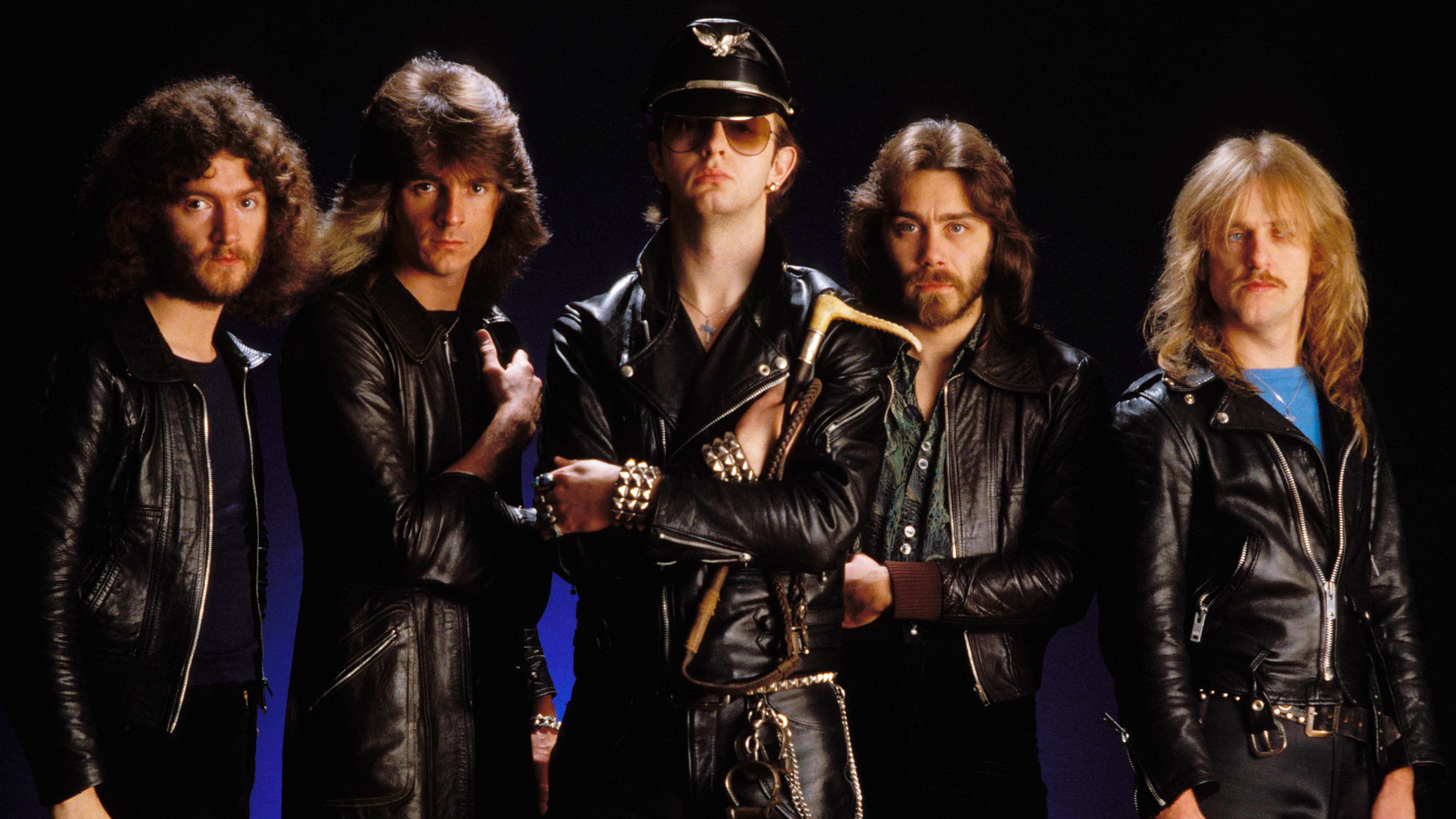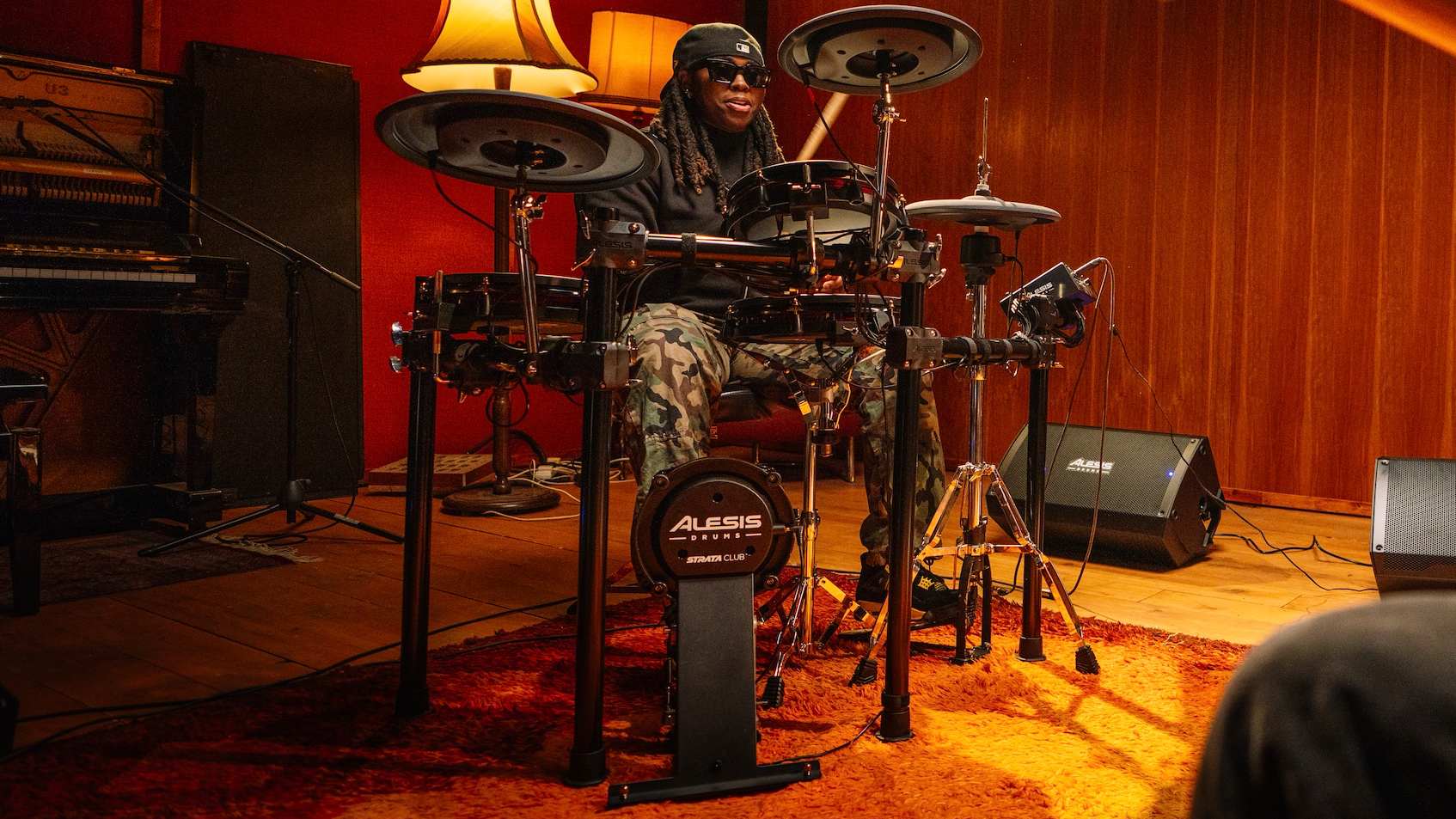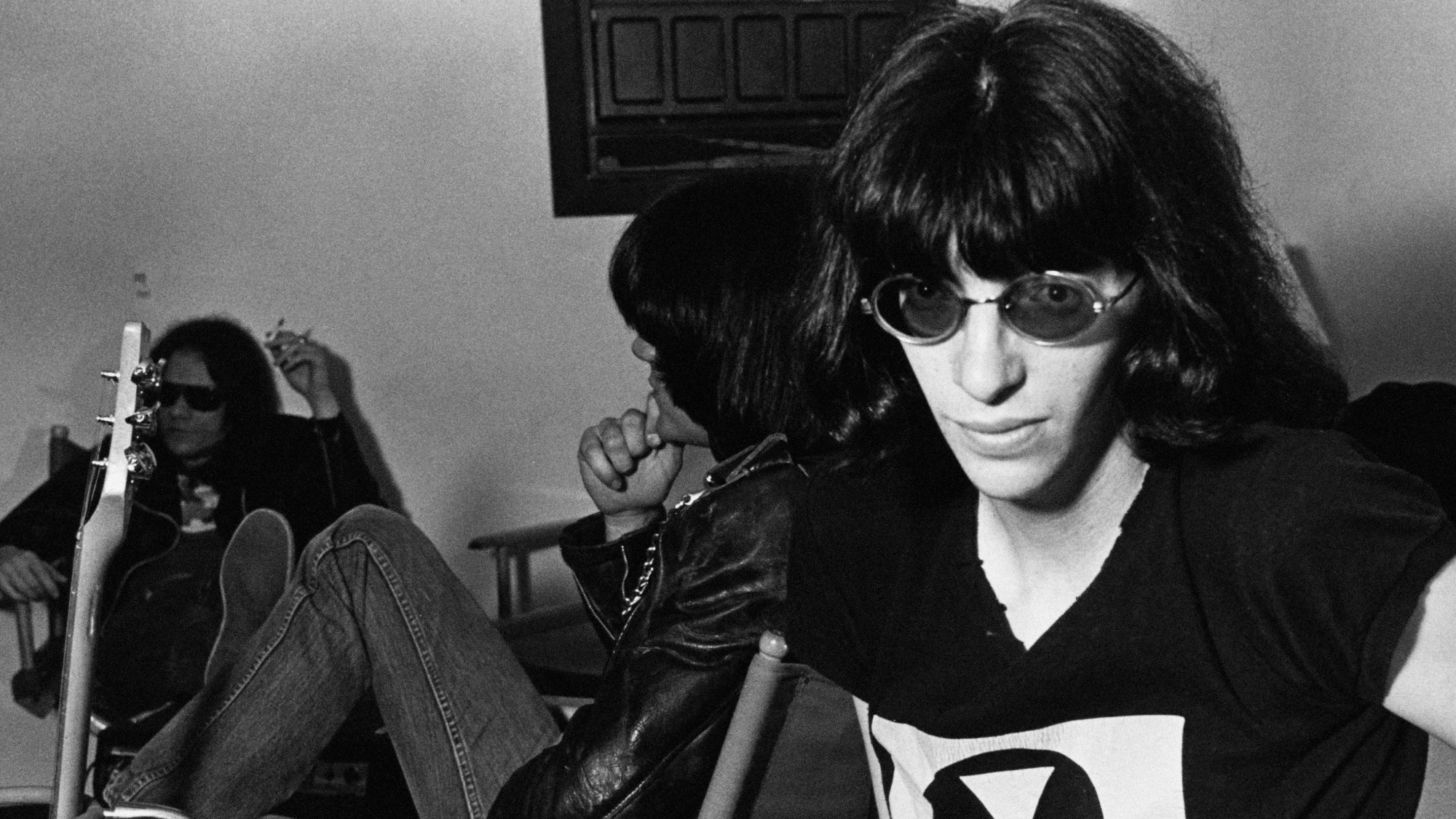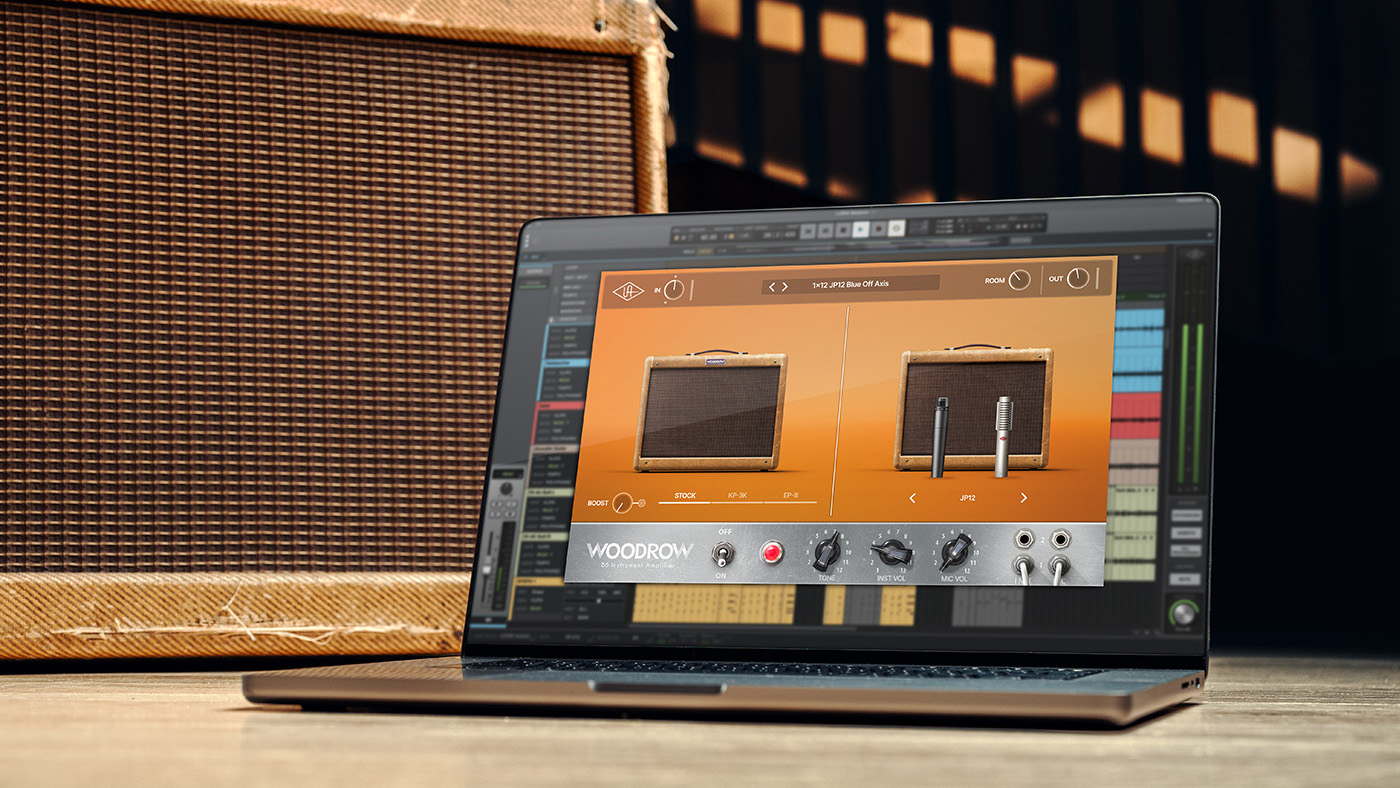“He played a solo that I thought was not great. I said, ‘I feel like you could do better!’”: What Rick Rubin told legendary guitarist Joe Perry during the recording of Run-DMC and Aerosmith’s mega-hit collaboration Walk This Way
The famous producer recalls the making of a groundbreaking classic in an interview with Rick Beato
It was the first hip-hop single to reach the top five on the US chart, and it kickstarted a whole wave of rock/rap crossover music in the 80s. But as producer Rick Rubin says in an interview with Rick Beato, the creation of Run-DMC and Aerosmith’s 1986 hit Walk This Way was no easy task.
Rubin says it was his idea for the hip-hop trio to remake a song that had originally featured on Aerosmith’s 1975 album Toys In The Attic. Rubin and Russell Simmons, the co-founders of Def Jam Recordings, were finishing up the production of Run-DMC’s third album Raising Hell when Rubin suggested they needed another track.
“We'd already finished the album,” Rubin says. “And I felt like something was missing. I thought, well, if I can find a song that’s a known song that functions essentially like a rap record, but isn't a rap record, but could function just as well as a rap record… and the first song I thought of was Walk This Way.”
Run-DMC were already familiar with the song. As DMC [real name Darryl McDaniels] recalled to Classic Rock: ““Before rap records were made, we used to have to find beats to rap over, and Walk This Way was one of our favourites. There’s something about Walk This Way – when the DJ threw that on, the beat was so cool, the way those guitars came in. And then the DJ would cut it back to the start of the beat.”
However, as Rubin tells Rick Beato, “They didn't want to do a cover song.”
DMC remembered the argument with Rubin that ensued. “Me and Run were like, ‘You’re taking this rock-rap shit too far – you’re going to ruin us. That’s going to be fake, nobody in hip-hop is going to like it.’”
But Rubin felt that it was a natural fit - not only because the original version of Walk This Way had Aerosmith singer Steven Tyler using a form of rapping in the verses, but also because the drum intro had been widely utilised in live hip-hop shows.
Get the MusicRadar Newsletter
Want all the hottest music and gear news, reviews, deals, features and more, direct to your inbox? Sign up here.
“You would hear the beat of Walk This Way played in a rap club,” Rubin says. “You’d never hear the [whole] song, but you'd hear the beat. So it was in the canon of accepted beats in hip-hop at that time… like Apache [by The Incredible Bongo Band]. You know, when you hear Apache, you could picture somebody spinning on their back, because it was the music that was used by breakdancers all the time. If you went to the rap clubs, there were certain breaks that you would hear everywhere, like Billy Squier’s The Big Beat.”
And so, after persuading Run-DMC to record Walk This Way, Rubin used his contacts to pull in the two guys from Aerosmith who had written the song - Steven Tyler and guitarist Joe Perry - to collaborate on this new version.
In 1986, Aerosmith were struggling. The band’s comeback album Done With Mirrors had bombed. But Rubin remained a huge fan. As he recalls to Rick Beato: “I grew up loving Aerosmith. I saw Aerosmith play at JFK Stadium in front of 70,000 people, the first stadium show I ever was at, and that was in either ’77 or ’78. And then the next year, they played at a club which was maybe 500 people. So I saw the band crumble, yeah, but they were still Aerosmith, right? And even though Run-DMC was Run-DMC, it wasn't Aerosmith. Run-DMC had never played in a stadium. Run-DMC was still big fish in a very small pond, right? So the label reached out, and Steven and Joe showed up. And I was shocked, but they did.”
He recalls of the session: “I’d already done the whole track, and Joe added guitar and and Steven sang.”
There was one rather difficult moment to overcome with Joe Perry. “I remember he played a solo that I thought was not great, and I said, ‘I feel like you could do better.’ I said, ‘If people hear this, they're gonna think Brad (Whitford) played it’ - which is the other guitar player in Aerosmith.”
But the finished version would become a huge hit, a cultural landmark, and the career boost that Aerosmith needed to reclaim their title of America’s Greatest Rock Band.
As Rubin tells Beato: “I remember the first station to play it was WBC in Boston, and Aerosmith's a big deal in Boston. And the first time they played it, people called up angry: ‘Take that crap off the air!’ Okay, they were insulted. And then a week later, it was the most requested song on the station, so it definitely polarised the audience, but it had energy and and then it spread to other stations…”
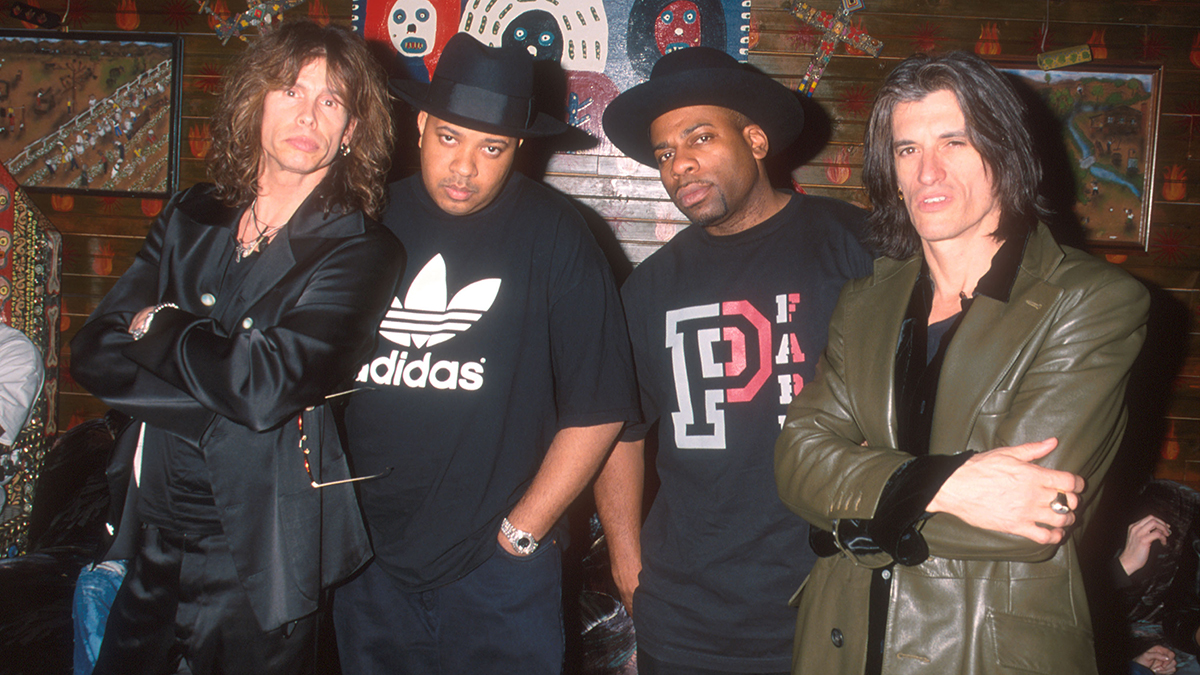
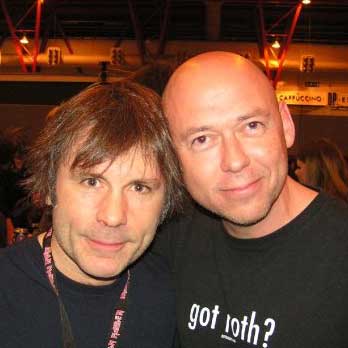
Paul Elliott has worked for leading music titles since 1985, including Sounds, Kerrang!, MOJO and Q. He is the author of several books including the first biography of Guns N’ Roses and the autobiography of bodyguard-to-the-stars Danny Francis. He has written liner notes for classic album reissues by artists such as Def Leppard, Thin Lizzy and Kiss. He lives in Bath - of which David Coverdale recently said: “How very Roman of you!”
"No one phoned me. They never contacted me and I thought, 'Well, I'm not going to bother contacting them either'": Ex-Judas Priest drummer Les Binks has died aged 73
“I called out to Mutt and said, ‘How about this?’... It was a complete fluke": How Def Leppard created a rock anthem - with a little bit of divine intervention





